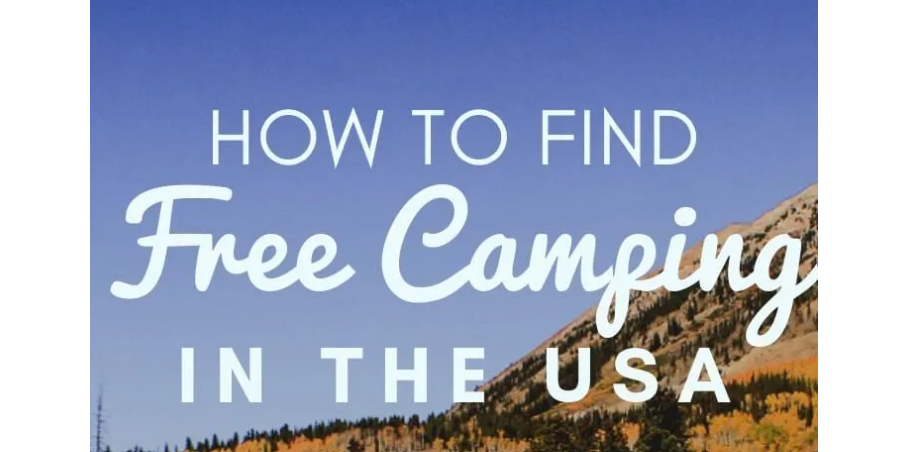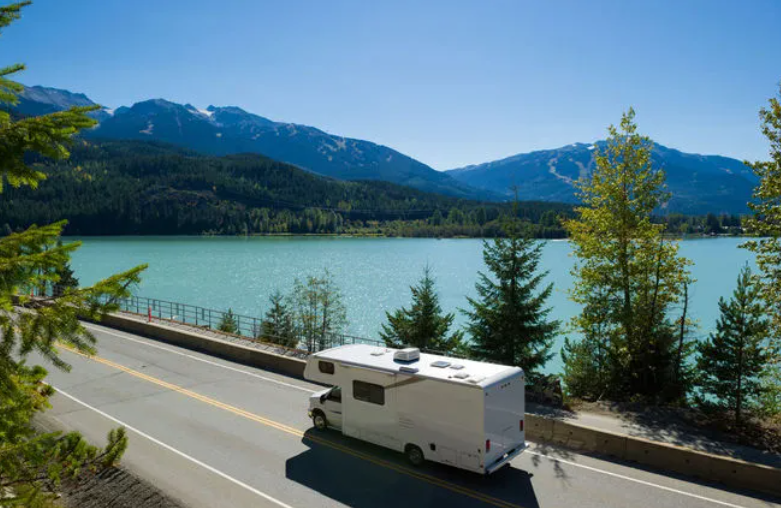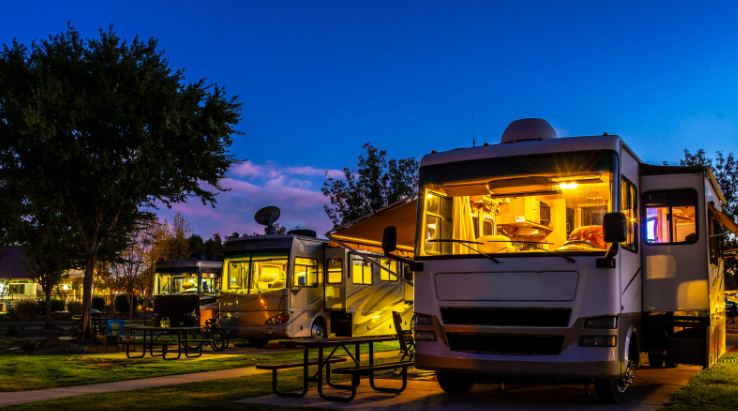Before heading into the woods, it is essential to obtain the proper hunting license.
1. Determine Your Eligibility
Before applying for a hunting license, confirm that you meet Vermont’s eligibility criteria. You must:
• Be of legal age to hunt (specific age requirements vary by license type).
• Complete a state-approved hunter education course if you are a first-time hunter.
• Provide proof of Vermont residency if applying for a resident license.
2. Choose the Right License Type
Vermont offers several types of hunting licenses based on duration, age, residency, and other factors. Evaluate which license best suits your needs. License options include:
• 365-Day Hunting Licenses
• Short-Term Hunting Licenses
• Lifetime Hunting Licenses
• Disabled Veteran Hunting Licenses
• Recovering Service Member Hunting Licenses
• Reduced-Fee Hunting Licenses for Low-Income Seniors
• Free Hunting Licenses
3. Apply for Your License
You can apply for a hunting license through one of the following methods:
• Online Application: Visit the Vermont Fish & Wildlife License Center to apply for your license.
• In-Person Purchase: Licenses are available at authorized agents such as sporting goods stores, town clerks, and Vermont Fish & Wildlife offices.
4. Pay the Applicable Fees
Fees vary depending on the license type and residency status. Be prepared to pay the required amount using your preferred payment method.
5. Receive and Print Your License
After completing your application, you will receive your hunting license. If you applied online, you could print it immediately. For in-person applications, the issuing agent will provide a physical copy.
Types of Hunting Licenses and Fees

365-Day Hunting Licenses
• These licenses are valid for 365 days from the date of purchase, providing flexibility for hunters.
• Fees:
Short-Term Hunting Licenses
• Ideal for visitors or occasional hunters, these licenses are valid for a set period (e.g., 3 or 7 days).
• Fees:
Lifetime Hunting Licenses
• Vermont residents can invest in a one-time purchase that covers hunting privileges for life.
• Fees vary by age group:
Duplicate Fees
• If your license is lost or damaged, you can request a duplicate.
• Fee: $5
Disabled Veteran Hunting Licenses
• Vermont offers free hunting licenses to disabled veterans who meet the eligibility criteria.
• Applicants must provide proof of a service-connected disability rated at 60% or higher.
Recovering Service Member Hunting Licenses
• Free hunting licenses are available for recovering service members undergoing rehabilitation or treatment for service-connected conditions.
Reduced-Fee Hunting Licenses for Low-Income Seniors
• Vermont residents aged 66 or older with low incomes may qualify for a reduced-fee license.
• Fee: $10
Free Hunting Licenses
• Certain groups, such as Vermont residents over the age of 80, are eligible for free hunting licenses.
SOURCE LINK : Vermont Fish & Wildlife Department
How to Apply for Specific Licenses
1. Applying for a Free Hunting License
• Determine your eligibility (e.g., age, veteran status, or specific exemptions).
• Submit the necessary documentation online or in person.
2. Purchasing a Lifetime License
• Visit the Vermont Fish & Wildlife License Center or an authorized agent.
• Provide proof of residency and age.
• Pay the applicable fee based on your age group.
3. Reprinting Your License
• If your license is misplaced, log into your account on the Vermont Fish & Wildlife License Center website.
• Select the reprint option and pay the $5 duplicate fee.
• Print a new copy of your license.
Residency Information
To qualify for a resident hunting license in Vermont, you must:
• Have lived in Vermont for at least six months immediately preceding the application date.
• Provide documentation such as a Vermont driver’s license, utility bills, or a voter registration card.
Non-residents are eligible for hunting licenses but pay higher fees.
Online vs. In-Person License Purchase
Purchasing Online
• Convenient and quick, especially for repeat hunters.
• Accessible 24/7 through the Vermont Fish & Wildlife License Center.
• Payment methods include credit/debit cards.
Purchasing In Person
• Ideal for first-time hunters or those requiring assistance.
• Available at authorized agents, including sporting goods stores and Vermont Fish & Wildlife offices.
Conclusion
Obtaining a hunting license in Vermont is a straightforward process tailored to accommodate a wide range of hunters. By following the steps outlined in this guide, you can ensure you are properly licensed to enjoy Vermont’s hunting opportunities while supporting wildlife conservation efforts. Whether you choose to apply online or in person, Vermont’s flexible options make it easy to embark on your hunting adventure.






